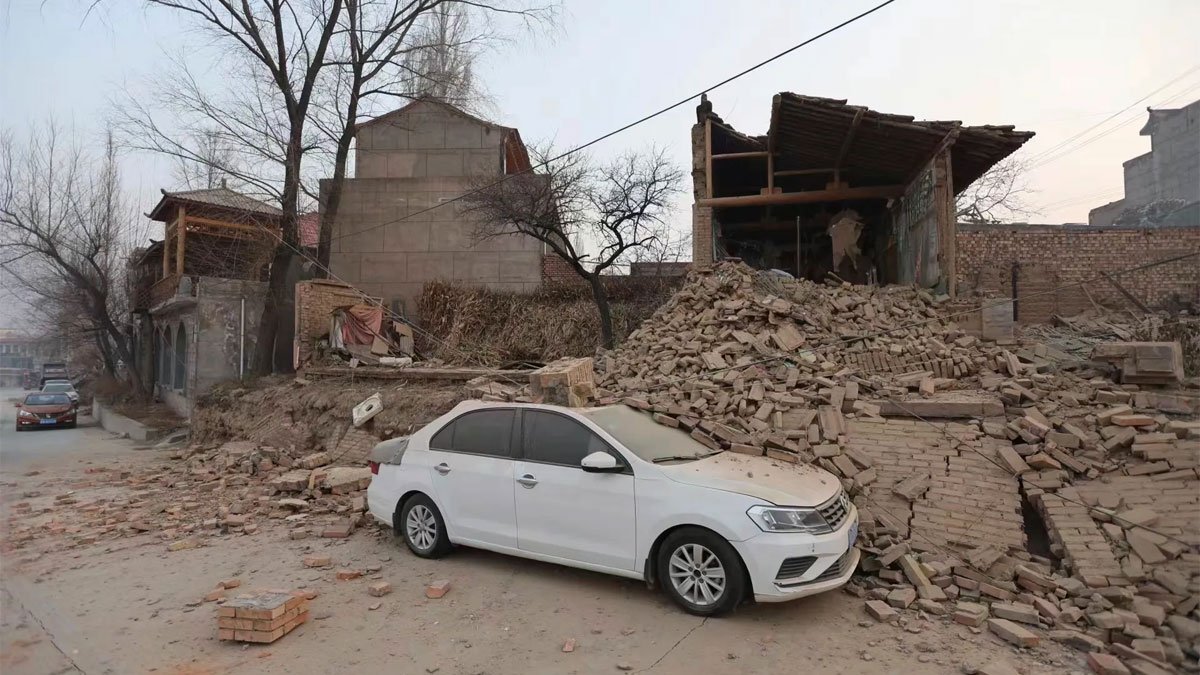Weekly The Generation, Year 1, Issue 16
December 19, 2023
A magnitude-6.2 earthquake struck one of China’s poorest regions just before midnight on Monday, killing at least 127 people, injuring hundreds and bringing down mud houses in remote villages that never stood a chance.
Chinese state media arriving at the sixth commune of Dahe village, one of the worst-hit areas in China’s northwestern Gansu province, found many houses were either at risk of collapse, or had already crumbled to the ground, especially homes built from earth and clay.
“I’ve lived for more than 80 years and had never seen such a big earthquake,” said an old man who was being carried out of his damaged home by rescuers.
More than 155,000 homes in Gansu were either damaged or destroyed.
At 11:59 pm (1559 GMT) on Monday, the quake rocked Gansu’s Jishishan county, at a depth of 10 km (6.2 miles). The epicentre was 5 km from the provincial border straddling Gansu and Qinghai, where strong tremors were also felt.
Authorities have mobilised an array of emergency responses after the quake wrecked roads and infrastructure, triggered landslides, and half buried a village in silt. But rescue work has proved challenging in sub-zero temperatures, after a powerful cold snap swept across the country.
Earthquakes are common in provinces such as Gansu, lying on the northeastern boundary of the tectonically active Qinghai-Tibetan plateau. China’s deadliest quake in recent decades was in 2008 when one of magnitude-8.0 struck Sichuan, killing nearly 70,000 people.
In Gansu, 113 were killed as of 1:00 pm yesterday (0500 GMT), and 536 injured, authorities said.
The death tally in Qinghai stood at 14 with 198 injured, as of 4:50 pm (1250 GMT).
Officially, 20 people remained missing.
About 2,200 personnel from the Gansu provincial fire department and 900 from the forest brigade, as well as 260 professional emergency rescue workers, were dispatched to the disaster zone, the Xinhua news agency reported, adding that hundreds from the military and police were also deployed.
Source: Reuters, Beijing






